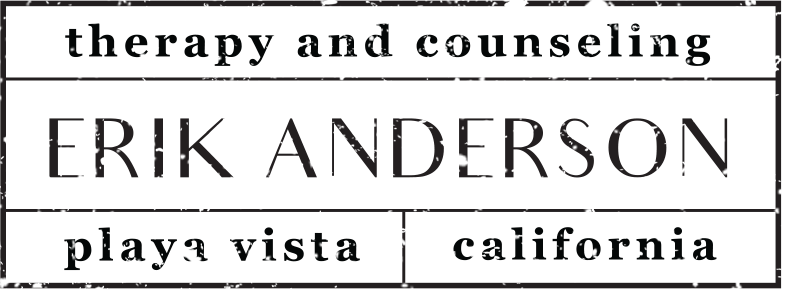Frequently Asked Questions About Drugs and Addiction
Is it normal to use drugs?
We see the drive to alter consciousness across time and cultures. Every culture has norms and rituals for preparing and using psychoactive substances. As a Human Universal, it’s hard to say that altering consciousness is not normal behavior.
Is alcohol a drug?
Yes.
What is addiction?
The mental health field in the United States is moving away from the term “addiction” and towards discussing “substance use disorders.” Substance Use Disorders are when someone experiences some negative consequences like loss of control, changes in social behavior, and health consequences related to a substance. About 1 in 9 people who use substances meet the criteria for a substance use disorder.
Many people can use substances in an acceptable way and cut back when their use negatively affects them. Addiction is when someone finds they continue to use despite negative consequences and despite the desire to stop.
Please also check the American Society of Addiction Medicine’s page on the definition of addiction as it is an excellent resource.
Why can't people just choose to stop?
Addiction is a disease of the brain that affects its ability to interpret and recall pleasure and pain. The misinterpretation of pleasure and pain affects the part of the brain that makes choices. Over time, the faulty recollection of pleasure and pain leads to lack of motivation to change and a belief structure that supports the addictive behavior.
Why is addiction treatment important?
Addiction treatment isn't there for people who are comfortable with their substance use. Addiction treatment is there for people who find they struggle to cut back on their own and need help. Studies have found that spending money on evidence based addiction treatment is far more effective at reducing costs to society than trying to stop the inflow of drugs or enforcing punitive drug laws.
Can anyone become addicted?
There are many genetic and environmental factors that contribute to addiction. It is possible that with repeated exposure to addictive substances or behaviors that anyone can become an addict. So while having family members who deal with addiction is a good sign you may experience addiction, not having family members who deal with addiction is not a guarantee that you will not experience addiction.
Isn't calling addiction a disease just an excuse?
We know addiction is a disease because it comes from predictable stressors, causes predictable symptoms, and benefits in predictable ways from treatment. Calling addiction a disease explains the behaviors we see as symptoms of a substance use disorder, but doesn't excuse them.
No one chose whether they are susceptible to addiction. But almost everyone dealing with substance use problems have moments of clarity where they notice their behavior around their use is a problem. Recognizing that addictive behavior has become a problem entails being responsible for getting appropriate help.
Are addicts just bad people?
No. The fields of medicine and health have only recently begun to view addiction as a problem within their scope - we are still in the early stages of recovering from a century of viewing addiction as a criminal justice problem. Because it's a long-stigmatized problem, a large majority with addiction problems do not seek out treatment.
People dealing with addiction often behave badly when they are actively in addiction. The drug has become their brain's survival priority. With their brain sending overwhelming emotional signals to "get the drug, it’s the most important thing!" many people behave in reprehensible ways and do things against their moral codes.
The more we understand addiction as a disease, the more we will understand the behavior of people suffering from addiction as symptoms. The behavior of addicts typically goes away with predictable treatments, which lends credence to the notion that they are patients dealing with symptoms, not bad people suffering from moral failings. If we can discuss addiction in a way that brings less shame to those suffering from it, we allow more people to get help.
How do I know if I have a problem?
If you’re bothered by how preoccupied you are with drinking or getting high or struggle with reducing negative behaviors related to substances that lead you to be defensive to others and latch onto stories to justify your use to yourself then it may be wise to discuss your experience with someone who has experience diagnosing and treating substance use disorders.
What if I’m interested in changing my relationship with some substances but not interested in abstinence?
We can have different relationships with different substances. Abstinence is the right option for some people at some points but it certainly isn’t the only option. Others may want to be completely sober from one substance but not from others. Some find that they are able to achieve their goals by moderating. Treatment is helpful for people in various situations with various goals.
Is recovery from addiction possible?
Recovery from addiction is about changing the beliefs, attitudes and behaviors that led to and maintained the problem. Recovery is a long-term process. There are no quick cures nor is there just one way to get into recovery but those who have the desire and willingness to put in the work do recover.
